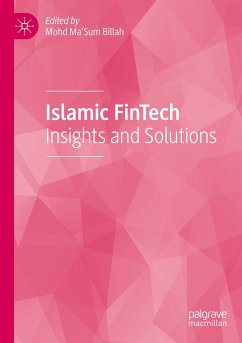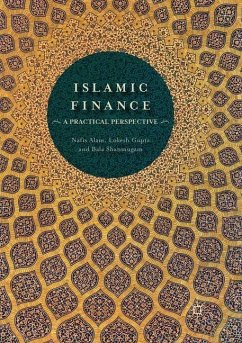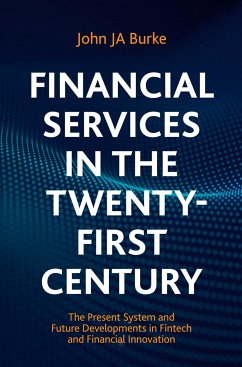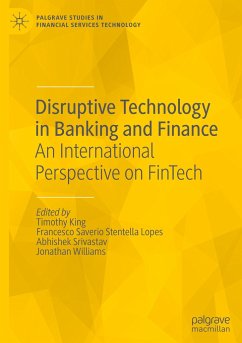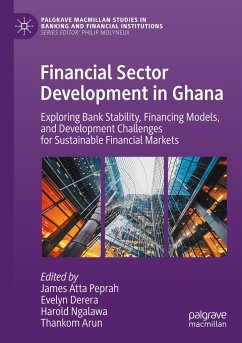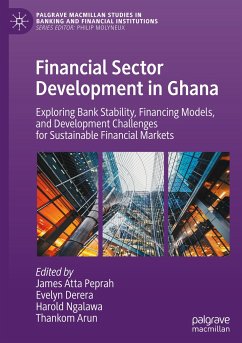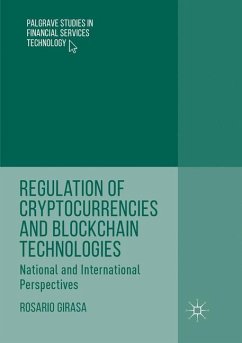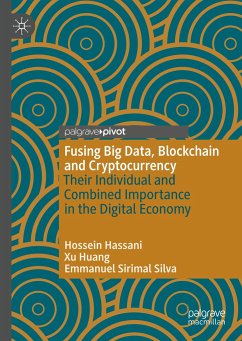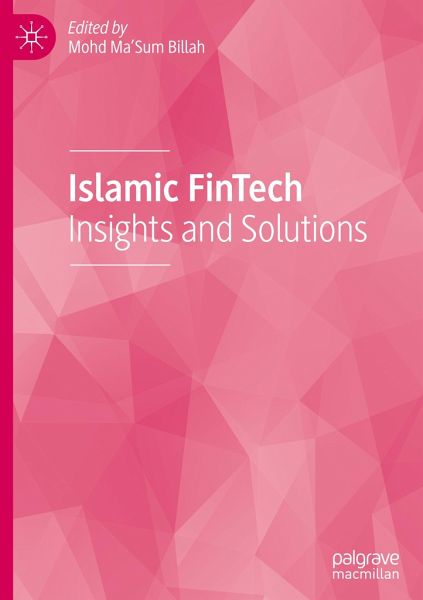
Islamic FinTech
Insights and Solutions
Herausgegeben: Billah, Mohd Ma'Sum

PAYBACK Punkte
57 °P sammeln!
This timely book addresses the effects and implications of rapid technological changes within the financial services industry on Islamic finance and Islamic banks. Exploring current challenges, opportunities and threats, the authors provide an overview of how FinTech can operate within an Islamic context, under the Shari'ah principles or the Halal framework, for example. Examining the potential opportunities of Islamic FinTech from a socio-economic perspective, this edited collection will be of use to anyone researching FinTech or Islamic Finance as well as practitioners and policy-makers invo...
This timely book addresses the effects and implications of rapid technological changes within the financial services industry on Islamic finance and Islamic banks. Exploring current challenges, opportunities and threats, the authors provide an overview of how FinTech can operate within an Islamic context, under the Shari'ah principles or the Halal framework, for example. Examining the potential opportunities of Islamic FinTech from a socio-economic perspective, this edited collection will be of use to anyone researching FinTech or Islamic Finance as well as practitioners and policy-makers involved in banking and financial services.



